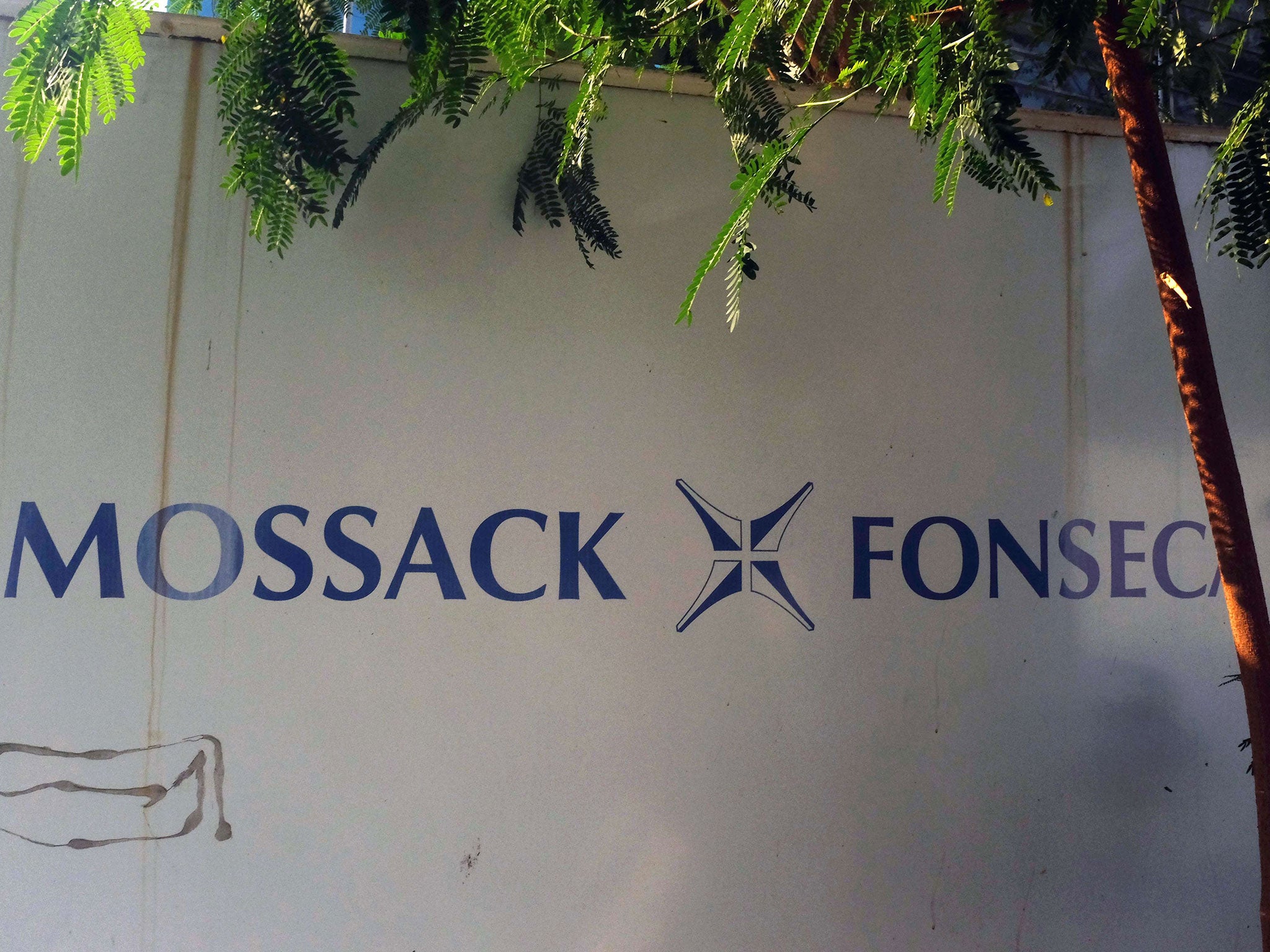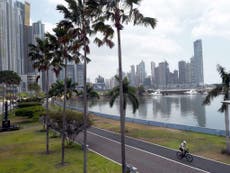Panama Papers: Jeremy Corbyn capitalises on David Cameron's tax affairs as global scandal deepens
Labour leader calls on minsters to publish their tax returns in wake of leaks as US launches worldwide investigation

The repercussions of the Panama Papers exposé have spread around the globe and prompted a worldwide investigation by US officials. The scandal led to the resignation of the Icelandic Prime Minister and has forced David Cameron into a public defence of his family’s tax affairs.
Directly addressing for the first time the revelation that his late father ran an offshore fund that never paid UK tax, Mr Cameron said he personally had “no shares, no offshore trusts, no offshore funds, nothing like that”.
Facing further questions, Downing Street later issued a statement clarifying that neither the Prime Minister, his wife, nor his children benefited from offshore funds.
The statements, which came after Labour leader Jeremy Corbyn called on minsters to publish their tax returns in the wake of the leaks, will leave Mr Cameron open to further questions on whether he has benefited from his father’s investments in the past, or stands to in the future.
In the UK, the Government was forced to defend its record on tax avoidance after it emerged that more than half of the companies assisted by the Panama law firm at the heart of the scandal, Mossack Fonseca, were incorporated in UK-administered tax havens.

Condemning what he called “tax avoidance on an industrial scale”, Mr Corbyn joined a growing chorus of voices calling for Mr Cameron to force the UK’s overseas territories and Crown dependencies to comply with British tax law.
The Labour leader said that the Government should be prepared to use “direct rule” if territories such as the British Virgin Islands and the Cayman Islands did not comply.
World leaders linked to 'Panama Papers'
Show all 15He also pledged to publish his tax return, urging Government ministers to do the same, and called for an independent investigation into the Panama Papers revelations, including those relating to Mr Cameron’s father.
“It’s a private matter insofar as it’s a privately held interest. But it’s not a private matter if tax is not being paid. So an investigation must take place, an independent investigation, unprejudiced, to decide whether or not tax has been paid.
“I think the Prime Minister, in his own interest, should tell us exactly what’s been going on.”
Mr Cameron later responded to questions about the leaks at a public event in Birmingham, claiming no Prime Minister had “done more to make sure we crack down on tax evasion, on aggressive tax avoidance, on aggressive tax planning both here in the UK and internationally“.
Addressing his own financial affairs, he said he earned his salary as Prime Minister, had savings from which he earned interest, and had income from a house, which his family occupied before moving to Downing Street and was now let out. “That’s all I have,” he added.
A survey, published this week but conducted just days before the Panama Papers leaks, finds that 77 per cent of the public believe David Cameron has a “moral responsibility” to ensure the UK’s overseas territories are as transparent on tax as possible.
The ComRes poll, commissioned by Christian Aid and Global Witness, also found that 81 per cent agree that all companies, whether registered in the UK or in overseas territories, should be legally required to reveal who owns them.
Downing Street said the Government was working toward such reforms – requiring overseas territories and Crown dependencies to offer UK law enforcement access to the beneficial ownership information of companies.
Officials said they were close to agreements with Bermuda, Gibraltar, Jersey and Guernsey and Isle of Man, but still needed to get the Cayman Islands and the British Virgin Islands “over the line”.
Subscribe to Independent Premium to bookmark this article
Want to bookmark your favourite articles and stories to read or reference later? Start your Independent Premium subscription today.





Join our commenting forum
Join thought-provoking conversations, follow other Independent readers and see their replies
Comments